Lo-Fi Reverb IR Collection, Part Two (Cassette Taped and more)
Lo-Fi IR collection pt 2.
Product Description
NOTE- This product is a collection of standard IRs- reverb impulses that will work with any convolution plug-in that allows you to load your own impulses. Most of my other products on this site are for use with Nebula, so if you don’t own Nebula be sure to stick to the Impulse Response Reverb category.
Lo-Fi IRs Part TWO
This collection of reverb (and some analog delay) impulses includes a wide range of sources. The main group of impulses here is a batch of reverbs I created by running various reverb sources (hardware and/or software reverbs) onto and off of cassette tapes, using two different decks and a huge variety of various tapes/tape types. This group is the main attraction here, and there’s a lot of variety but always with that cassette lo-fi sound. Some were made by recording to tape, then using the deck’s ‘vari-speed’ control to play the tape back at a faster or slower speed, producing pitched up/down reverb impulses. 111 impulses altogether.
The next batch of impulses were sampled using an old Pioneer SR60 unit, which was a piece of home stereo equipment intended for the use of applying reverb to your records as you listened to them. These kinds of units were fairly common ‘back in the day’ and used a few different methods to produce the ‘reverb’, which in this case was done with an analog delay chip and some feedback (which means the ‘reverb’ effect isn’t very realistic but can be interesting). There’s also a ‘Duet’ effect which is just the short, fast delay but without any feedback, and this can be very useful for things like vocal doubling. I opened the unit up and found a trimpot inside which when turned adjusted the delay time as well as tone, and I used that to get different results. I also paired the unit with some tube radios and various other odd gear to alter the delay sound. 39 impulses altogether.
The third piece of gear used was a Sansui SA710, which is another unit very similar to the Pioneer SR60, but with a couple of graphic EQs that can be useful for shaping the ‘reverb’ result. I made impulses with various EQ settings as well as different levels of feedback. I also paired the unit with a cheap analog guitar pedal that also uses an analog chip to produce a delay and which has a simple tone and feedback knob. With the two combined, a denser result could be produced and some of these get pretty unique. 26 impulses altogether.
Different levels of input drive were used during sampling, producing up to five ‘dynamic steps’ for many of the sampled reverbs in this set. Altogether there are 176 impulses in this collection. In this particular set of impulses, the different dynamic steps can actually sound very different, due to the nature of the sampled reverb sources. 44.1khz, 48khz, 88.2khz, and 96khz collections are available for download to all purchasers. You should use the sample rate that matches your project when possible.
Be sure to check out the audio demos to hear this stuff in action!
Be the first to comment on “Lo-Fi Reverb IR Collection, Part Two (Cassette Taped and more)”
This demo starts with the dry synth notes, then each repeat after that is processed with different impulses from the collection. I didn't use every impulse in the collection but I did use many of them and I think I covered most of the variety you can expect in this collection.
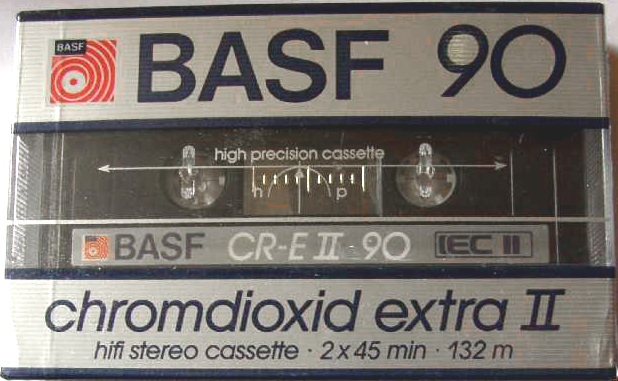
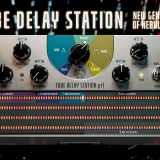
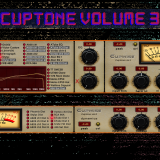
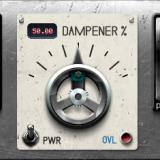
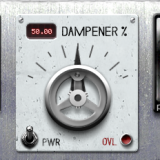
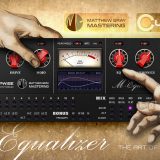
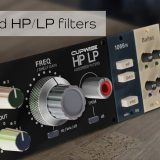
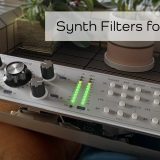
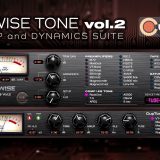
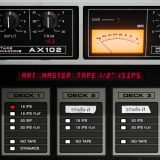
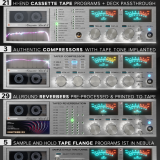
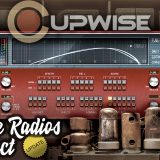
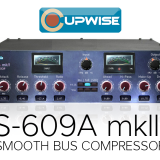
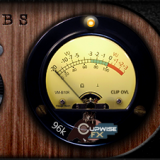
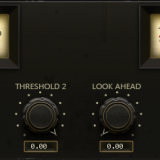
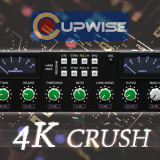
Comments
There are no comments yet, would you like to submit yours?